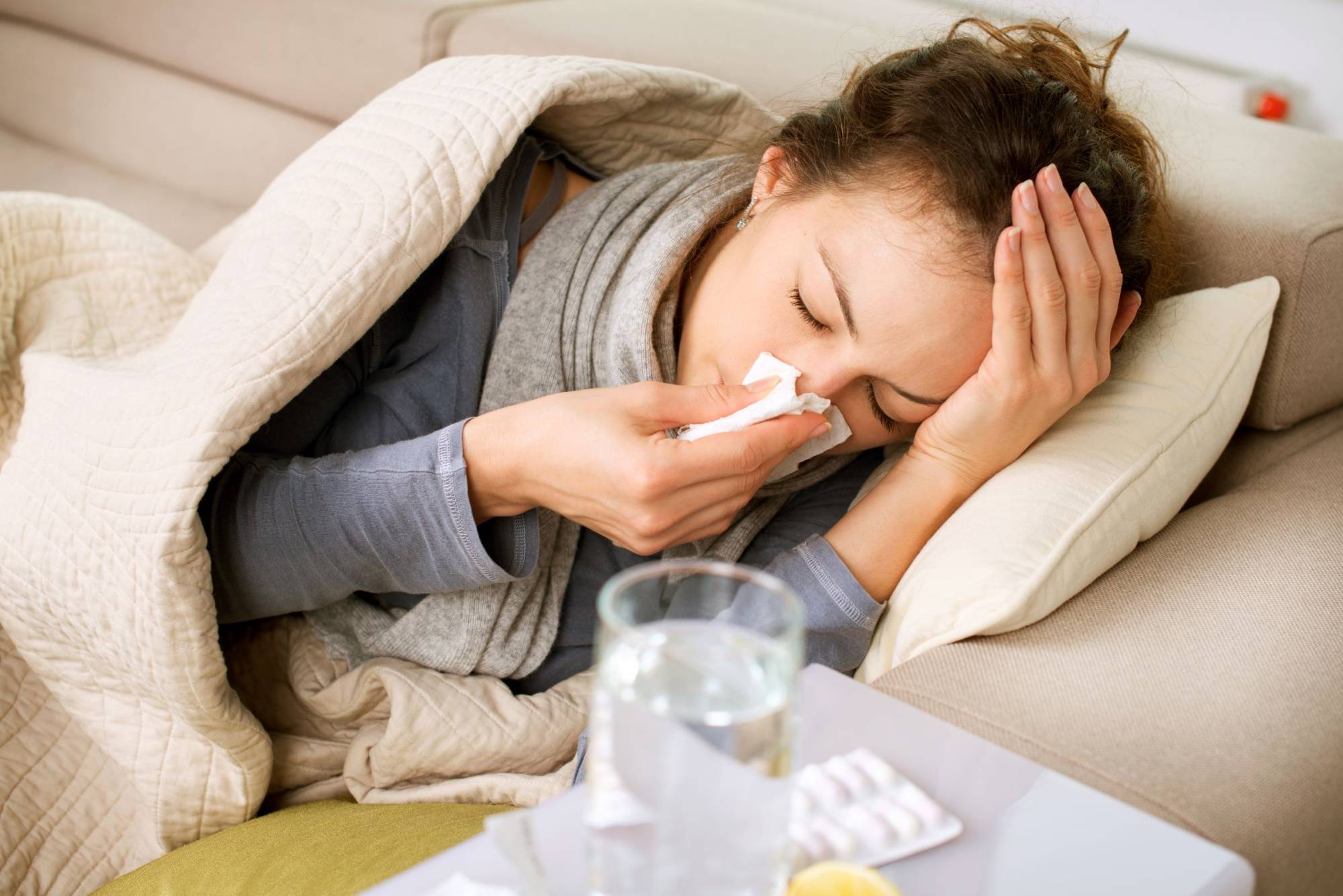COVID cases are on the rise as we enter cold and flu season. Even though symptoms may be incredibly uncomfortable, in many cases it is best to stay home and use over-the-counter cold & flu medicines and other home remedies.
If you think you have COVID or have tested positive at home:
- Stay home and isolate until both your symptoms have improved and you've not had a fever for 24 hours
- Note: depending on the length of symptoms, this could be a shorter or longer period of time than previous CDC recommendations
- If you have mild to moderate COVID-19 symptoms (non-hospitalized, not requiring oxygen or an increase in home oxygen) you may be eligible for antiviral treatments including oral antivirals or an IV (intravenous or in your arm) antiviral.
Antiviral treatment options: 
- Paxlovid: Adults and children (12 years of age and older, weighing at least 88 pounds [40 kg]), who are at high risk for getting very sick from COVID and who have mild to moderate symptoms.
- Lagevrio: Adults 18 years and older who are at high risk for getting very sick from COVID-19 and who do not have access to other COVID outpatient treatment options, or other treatment options are not appropriate for them and who have mild to moderate symptoms.
- Treatment with antivirals such as Paxlovid should be initiated within 5 days of symptom onset and may not be appropriate for all patients
- Clinicians consider COVID treatment in patients with mild or moderate COVID who have one or more risk factors for severe COVID to reduce progression to hospitalization and death
High risk factors for severe COVID:
- Over 50 years of age with risk increasing substantially above 65 years
- Unvaccinated for COVID or not being up to date with current vaccination
- Chronic medical conditions (asthma, chronic kidney disease, chronic lung disease, diabetes, and more)
- Immunocompromising conditions (those with cancer or on chemotherapy, an organ transplant, or primary immunodeficiency)
Affordable payment options for antiviral treatments or therapeutics:
- Antiviral treatments and therapeutics are covered under most insurance programs
- Treatments are available for those who are uninsured through Medicare or Medicaid
- Learn more about Patient Assistance Programs here
When to seek emergency medical attention:
- Trouble breathing
- Persistent pain or pressure in the chest
- New confusion
- Inability to wake or stay awake
- Depending on skin tone, lips, nail beds and skin may appear pale, gray, or blue.
If someone is showing any of these signs, call 911 or call ahead to your local emergency facility. Notify the operator that you are seeking care for someone who has or may have COVID-19.
Resources:
Center for Disease Control (CDC) - COVID Health & Human Services - Administration for Strategic Preparedness & Response (ASPR)

